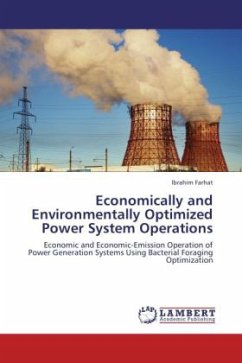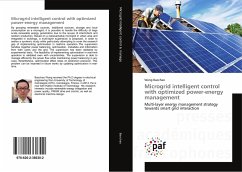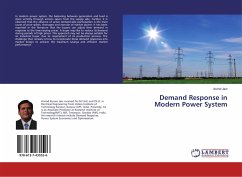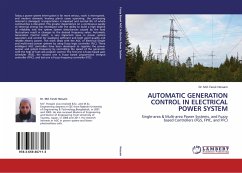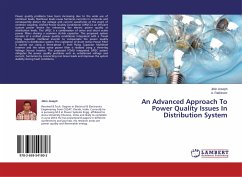Electric power is a basic requirement for present day life and its various economic sectors. To satisfy the ever-increasing needs for electricity, the number of generating units, transmission lines and distribution systems is rising steadily. In addition, electric power systems are among the most complex industrial systems of the modern age. Beside complexity, the generation of electric power is a main source of gaseous emissions and pollutants. The planning and operation of electric power systems must be done in a way that the load demand is met reliably, cost-effectively and in an environmentally responsible manner. Practitioners strive to achieve these goals for successful planning and operations utilizing various optimization tools. It is clear that the objectives to be satisfied are mostly conflicting. In particular, minimizing the fuel cost and the gaseous emissions are two conflicting and non-commensurate objectives. Therefore, multi-objective optimization techniques are employed to obtain trade-off relationships between these incompatible objective functions in order to help decision makers take proper decisions.
Bitte wählen Sie Ihr Anliegen aus.
Rechnungen
Retourenschein anfordern
Bestellstatus
Storno

